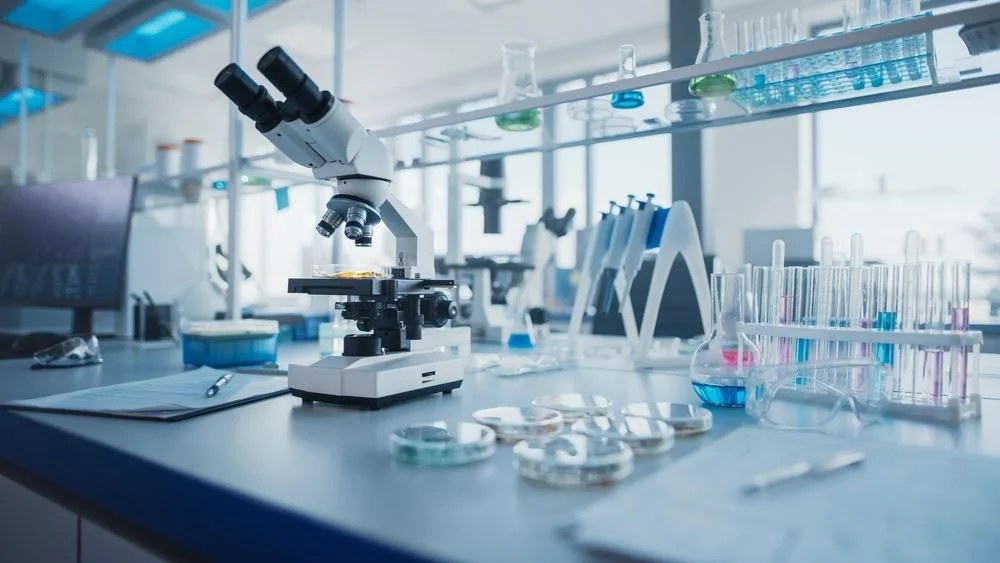Specialist Diagnostic Services in Pathology: How They Help in Accurate Diagnosis

Accurate diagnosis is the foundation of effective medical treatment. Without precise identification of diseases, patients may receive incorrect treatments, leading to complications or prolonged illnesses. Specialist diagnostic services in pathology play a crucial role in healthcare by providing detailed analysis of biological samples, ensuring that medical professionals make informed decisions regarding patient care.
For those seeking specialist diagnostic services pathology, understanding how these services contribute to accurate diagnosis can be valuable in choosing the right medical support.
What Are Specialist Diagnostic Services in Pathology?
Pathology is a branch of medical science that involves studying the causes and effects of diseases. Specialist diagnostic services in pathology focus on analyzing bodily fluids, tissues, and other samples to detect medical conditions accurately. These services help in diagnosing infections, genetic disorders, cancers, and various other health conditions.
Pathology is divided into multiple specialized fields, each contributing to different aspects of diagnosis and treatment. Some of the key areas include:
1. Histopathology
Histopathology involves the microscopic examination of tissues to detect abnormalities. This field is essential for diagnosing conditions such as:
- Cancerous and non-cancerous tumors
- Inflammatory diseases
- Autoimmune disorders
Histopathologists analyze biopsies taken from patients, providing vital information about disease progression and treatment options.
2. Hematology
Hematology focuses on studying blood and blood-related disorders. It helps in diagnosing conditions like:
- Anemia
- Leukemia and other blood cancers
- Blood clotting disorders
Hematology tests measure different blood components, such as red blood cells, white blood cells, and platelets, offering insights into a patient’s overall health.
3. Microbiology
Microbiology is essential for detecting infections caused by bacteria, viruses, fungi, and parasites. Common microbiological tests include:
- Blood and urine cultures
- Stool analysis
- Swab tests for respiratory infections
Identifying infectious agents early helps in selecting the right antibiotics or antiviral treatments, preventing complications.
4. Biochemistry
Biochemical tests analyze bodily fluids like blood and urine to assess organ function and detect metabolic disorders. These tests measure levels of:
- Glucose (for diabetes diagnosis)
- Cholesterol and lipid profiles (for heart health)
- Kidney and liver enzymes (for organ function assessment)
Biochemistry plays a significant role in monitoring chronic conditions such as diabetes, kidney disease, and thyroid disorders.
5. Immunology
Immunology focuses on the body’s immune system and its responses. This field helps in diagnosing:
- Allergies
- Autoimmune diseases (such as rheumatoid arthritis and lupus)
- Immunodeficiency disorders
By analyzing antibody levels, immunologists can determine whether a patient’s immune system is functioning properly.
6. Molecular Pathology
Molecular pathology combines laboratory testing with genetics to detect specific mutations and hereditary diseases. This branch is critical for:
- Identifying genetic predispositions to diseases
- Diagnosing inherited disorders
- Detecting specific cancer mutations for targeted therapies
Advancements in molecular pathology have led to personalized treatment plans, improving patient outcomes.
The Role of Pathology in Disease Diagnosis
Pathologists work closely with doctors and specialists to provide essential diagnostic information. Here’s how specialist diagnostic services in pathology contribute to accurate diagnosis:
Early Detection of Diseases
Many illnesses, such as cancer and diabetes, show no visible symptoms in their early stages. Pathology tests can detect these conditions before they become severe, allowing for timely intervention.
Precise Treatment Planning
Accurate diagnosis helps doctors recommend the most effective treatments. For example, knowing the exact strain of bacteria causing an infection ensures that the right antibiotic is prescribed. Similarly, identifying cancer cell types helps oncologists choose the most suitable therapy.
Monitoring Chronic Conditions
Patients with chronic diseases like diabetes, hypertension, or kidney disease require regular pathology tests to track their progress. These tests help doctors adjust medications and lifestyle recommendations as needed.
Preventing Disease Spread
Infectious diseases, such as tuberculosis or COVID-19, require rapid diagnosis to prevent further transmission. Pathology services provide quick and reliable results, helping healthcare providers implement control measures effectively.
Reducing Medical Errors
Incorrect diagnoses can lead to unnecessary treatments, delays in care, or worsened health conditions. Specialist pathology services ensure that medical decisions are based on accurate data, reducing the risk of misdiagnosis.
How Often Should You Get Pathology Tests?
The frequency of pathology tests depends on various factors, including age, medical history, and risk factors. General recommendations include:
- Annual health check-ups: Routine blood tests, cholesterol levels, and liver/kidney function tests should be part of a yearly health screening.
- Diabetes monitoring: People with diabetes should have blood glucose tests every three to six months.
- Cancer screenings: Regular screenings, such as Pap smears, mammograms, and prostate-specific antigen (PSA) tests, help in early cancer detection.
- Infectious disease testing: If experiencing symptoms of infections, immediate pathology tests can confirm the presence of bacteria, viruses, or fungi.
Consulting a doctor about necessary tests based on individual health needs is always recommended.
Choosing a Reliable Pathology Service
Selecting a reputable pathology service ensures that test results are accurate and delivered on time. Here are some factors to consider when choosing a diagnostic service provider:
Accreditation and Certification
A recognized and certified laboratory ensures high testing standards and reliable results. Look for accreditation from healthcare regulatory bodies.
Advanced Diagnostic Equipment
Modern technology enhances the accuracy of pathology tests. Well-equipped laboratories provide better analysis and quicker turnaround times.
Experienced Pathologists and Technicians
Qualified professionals play a vital role in interpreting test results correctly. Experienced pathologists ensure that findings are precise and reliable.
Accessibility and Convenience
A well-located pathology center with easy appointment scheduling and fast report delivery enhances the overall patient experience.
Conclusion
Specialist diagnostic services in pathology play a crucial role in detecting, diagnosing, and managing various health conditions. From routine check-ups to complex disease analysis, these services provide essential insights that guide medical professionals in offering the best possible care. Regular pathology tests not only help in early disease detection but also ensure that ongoing treatments remain effective. Choosing a trusted pathology service provider ensures accuracy, reliability, and peace of mind regarding health assessments.







